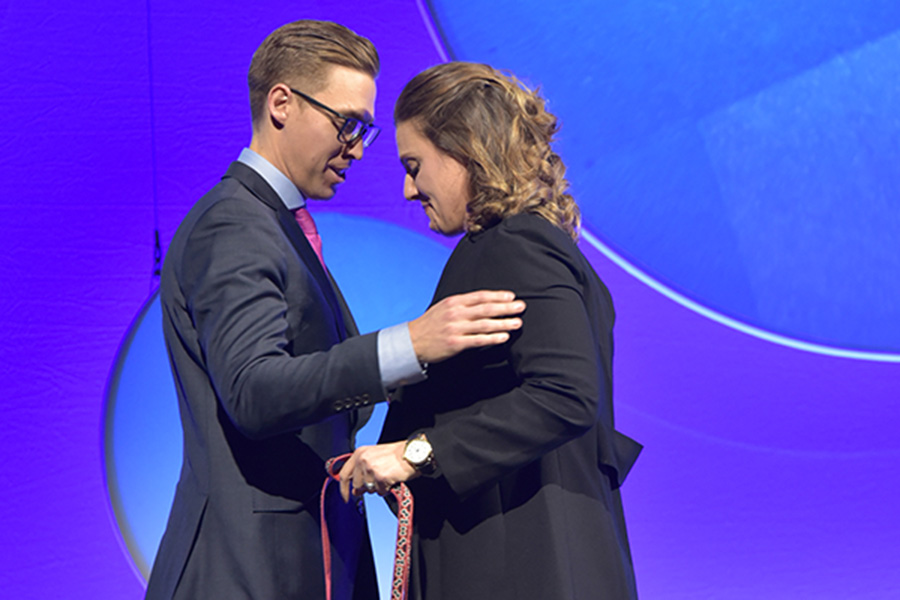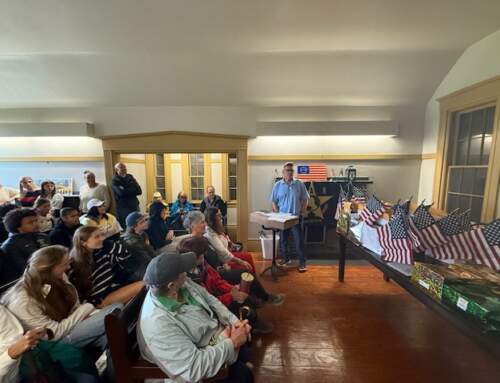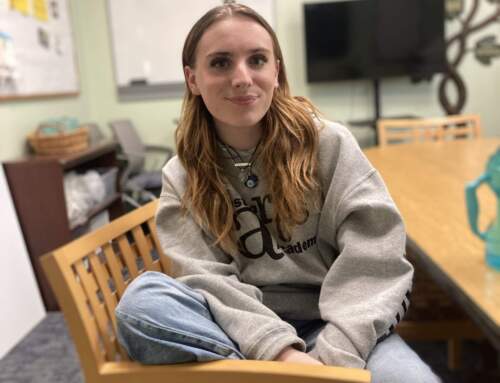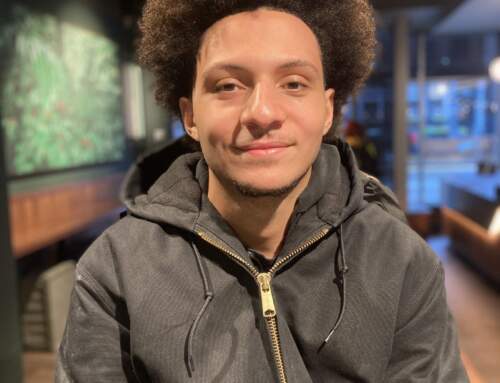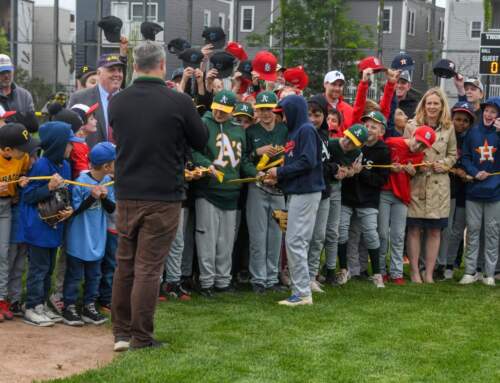By Richard Campbell
The 23rd Annual Kenneth B. Schwartz Compassionate Healthcare Dinner graced the Boston Convention and Exhibition Center this past Thursday with well over 1,300 in attendance. While many award dinners are kind of superficial entertainments, this event was marked for the depth of feeling and humility of the Schwartz Center’s extended medical family. In the age of increased public violence since 911 and the Marathon bombing, Bostonians have gained a new appreciation for challenges faced by first responders and medical professionals in rehabilitative services- but many may not know about the enormity of this group’s mission. If your personal life is touched by the tragedy of trauma, life threatening illness, or deep psychological struggles; perhaps the best thing that could happen is that you find yourself included in the extended mission of this organization. For those who work in the medical profession, the celebration has special significance.
The Schwartz Center for Compassionate Health Care has a multi-part mission to support compassionate health care for patients and their families as well as providing extensive training and support to caregivers on multiple levels. Founded by Kenneth Schwartz in 1995 before his death from cancer, his vision was to create an organization to promote compassionate care in the medical profession, strengthening the bond between patients and caregivers. He wrote about his end of life experience and the kindness of caregivers in a rather touching Boston Globe Article “A Patient’s Story”: “These acts of kindness – the simple human touch from my caregivers – have made the unbearable bearable.” From the deceptively simple idea- that caregivers need to learn how to engage with patients-his vision has grown into an organization with a massive following and intricate mission. If kindness is a form of intelligence, it seems Kenneth Schwartz was particularly brilliant.
The Schwartz Center now extends its services to over 3,400,000 patients through 640 Health care organizations to the hearts and hands of 288,000 caregivers, in the US, Canada, UK, Ireland, Australia and New Zealand. Surely size does not describe the effectiveness of its mission, for that seemingly non-medical word “compassion” was magnified in the six featured members who were nominated for their National Compassionate Caregiver of the Year Awards, (NCCY) this year. In a profession where caregivers have to consistently keep their wits while dealing with trauma, the public often forgets that they too are subject to human weaknesses and problems. With each nominee’s story unfolding throughout the evening, the six finalists for this year’s NCCY award have attributed to them by others uniquely high degrees of empathy folded into rigorous practice. It would be natural to assert that hundreds, if not thousands of medical staff could qualify on any given day.
The finalists for the award were: The Emergency Medical Response Team of New York Presbyterian Lower Manhattan Hospital; Dr. Terry Stancin of Metro Health in Cleveland, Dr. Ken Komatsu, Palliative Care Physician at Providence St. Joseph Hospital; Dr. Pat O’Malley Pediatric Palliative Care Director at Mass General Hospital for Children; Lolita Roland RN from Cambridge Health Alliance and Wendy Walters, LICSW, Clinical Ethics Consultant from University of Alabama. Given the stories of each one of these finalists, it would be difficult to decide on a singular recipient. Each one of them seemed to set the bar higher for their ability to engage patients and literally save lives.
With opening remarks by Ruth Kilduff, the Chair of the Schwartz Center Board, and an update by Matt Herndon, CEO of the Schwartz Center, the history of this organization was fleshed out and the speakers were careful to outline the many kinds of services the community entails. Dr. Peter Slavin, president of Mass General Hospital gave an inspired recounting of his relationship to Ken Schwartz, and how his legacy impacts the hospital to this day. The keynote speaker Patrick Downes PSYD, was introduced by his wife, Jessica Kensky RN, flanked by her service dog Rescue. South Bostonians may be familiar with their names, as they were survivors of the Boston Marathon bombing. Her opening remarks about the way that their lives were transformed by the experience, the long recovery process in New England and Walter Reed was as riveting as her composure was collected and thoughtful. They had all the hopes and dreams of any young successful couple. “ When the bomb went off our collective sense of space was shattered,” said Jessica. The bomb amputated both of their left legs, and later Jessica, after considerable struggle had to give up her right leg as well. When Patrick got up to speak his recounting of the care-giving they both received, he came to a solemn, but beautiful conclusion about their new relationship: “I am only as strong as you are, and you are only as strong as I am.” They defined love and compassion in so many ways.
After a wildly fast dinner set up by the BCEC staff, there were further detailed video biographies of the finalists for the awards, when patients and fellow practitioners gave testimony to remarkable life experiences they had with each finalist. Featured speaker governor Charlie Baker gave a passionate address about the early days with Ken Schwartz, the Center’s mission, and the ways in which doctors bought handfuls of tickets to the largely unknown fundraisers, which continued to grow because of the ethos of the medical community. He spoke also of the general climate of violence and intolerance in our nation today, recognizing the role the medical community plays in healing. Straight off his recent victory governor Baker appeared even taller than he usually does, winning over the audience with quiet sincerity. In the end Dr. Stancin of Metro Health Cleveland was chosen for the honor.
In congratulating Dr. Stancin, referring to her as Terry, he did not fail to mention the importance of her courageous compassion in creating the Kid’s Pride Clinic, one of the first clinics in the nation to deal with the medical and psychological difficulties of transgender children. Baker spoke openly about the time in college when his brother broached the subject of being gay to him and asked him to intercede to tell their parents. He further remarked to his 90-year-old father in the audience about how gracefully his Dad handled everything. Emphasizing that “all kids want to belong” and that how many LGBT kids could not say they had the same kind of support from family or friends in school his brother did. He stressed the loneliness and isolation these kids face, and the dire need for more services for families in need. In doing so he revealed a certain vulnerability, and a deeper understanding of issues.
This opened the door for Dr. Stancin to describe in her acceptance speech, the more difficult aspects of her practice. Dr. Stancin lost no time in delving into the crisis the mental health professions face in this nation, and the need for compassion for people who are afflicted with psychological difficulties, whether stemming from trauma or abuse. One statistic about transgender youth: that 40% of them attempt suicide, along with other grim statistics brought her round to the experience with her patients. Her testimony regarding one of her patients who grew up to write a college essay that nearly defined compassionate care was a moving and inspiring end to the evening. As an outside observer to the event, it was remarkable to see how these medical professionals put themselves on the line physically, mentally and spiritually in their quest to provide compassionate care for those who need it most. If you are interested in giving to the Schwartz Center, go to https://giving.theschwartzcenter.org/ The organization has many ways for you to give.

